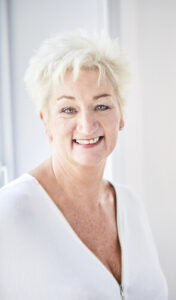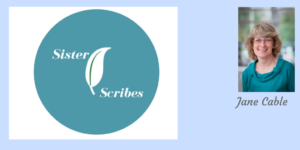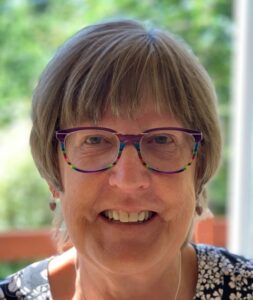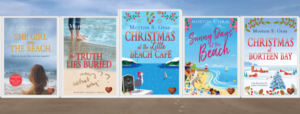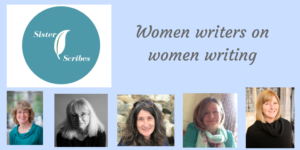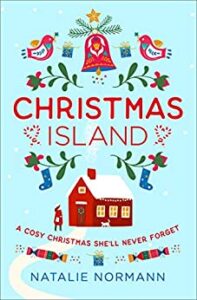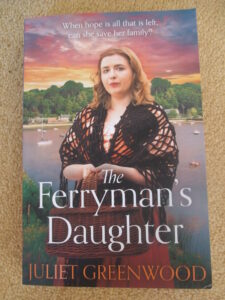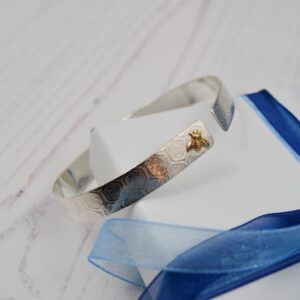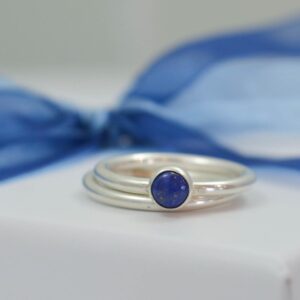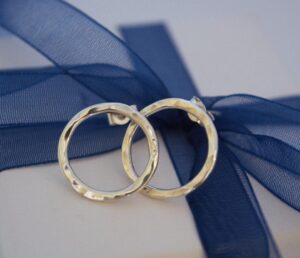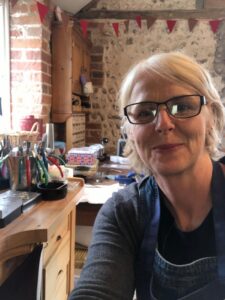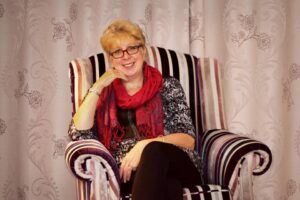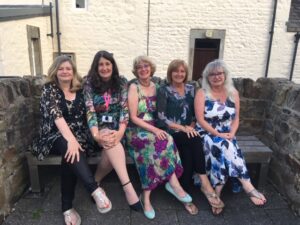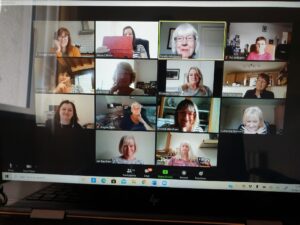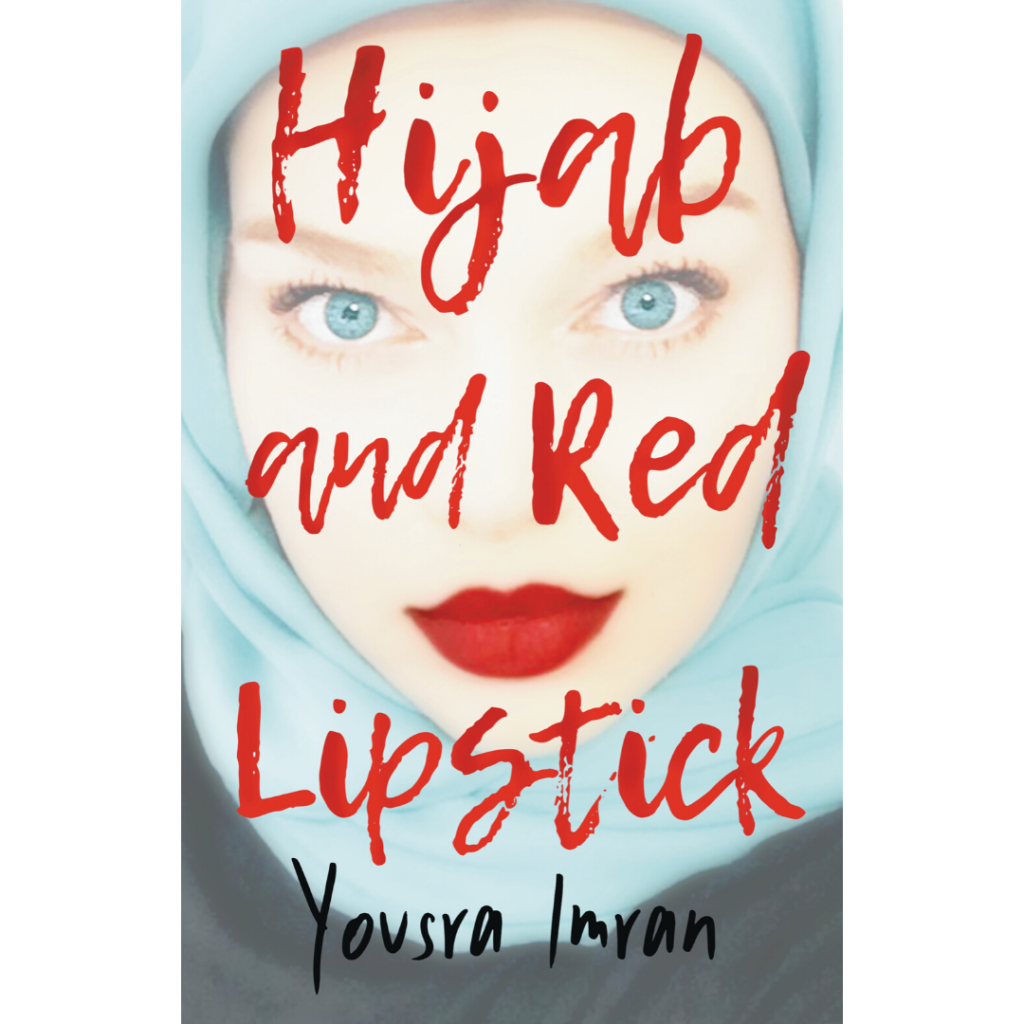Guest article by Louise Mumford to celebrate publication of her debut thriller
You haven’t turned forty until you’ve turned forty at the start of a lockdown during the outbreak of a worldwide pandemic. It certainly added a level of drama: I started a new decade and the world stilled.
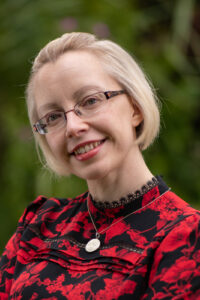 Forty is a milestone birthday, whether you get to party with a massive group of friends in your favourite pub or not. For me, it was doubly important because I’d made a promise to myself a few years before: by forty my life would be different.
Forty is a milestone birthday, whether you get to party with a massive group of friends in your favourite pub or not. For me, it was doubly important because I’d made a promise to myself a few years before: by forty my life would be different.
It was a promise I kept.
I have never been able to sleep well. Insomnia has been my constant companion since I was a child. When I was young, I didn’t really see the point of sleep. Why would people do that and miss out on all the marvellous things that could happen whilst they were dozing? I couldn’t understand it. Fast forward a few years and I would be the one at house parties who would still be awake at 4 a.m. tidying up the kitchen and flicking through the books in an unfamiliar bookcase to keep myself entertained whilst everyone else slept. Now I’m much older I watch the way my husband drifts off to sleep within minutes of putting his head on the pillow and, to me, it is a magic trick I will never learn.
I’ve always thought that this never really affected my day-to-day life. I thought I coped. I was wrong.
In the opening chapter of my new book, ‘Sleepless’, the main character, Thea, has a car accident after yet another poor night’s sleep. They say write what you know. Well, I know that car accident very well. It is mine. I had got through my first day back in the new term as a teacher, a job I’d been doing for around ten years or so, and in the car I’d been congratulating myself about how well I’d coped, despite the lack of sleep. I was smug.
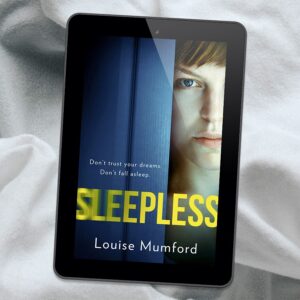 That was when I realised the car in front of me on the dual carriageway slip road had stopped. I crashed into it and another car crashed into me. Miraculously, nobody was badly injured. My own car was a crumpled thing and smoke wreathed around the twisted metal like a bad Eighties pop video. I remember sitting in the ambulance listening to the radio announce major tailbacks because of me and knowing that I had to change my life. I gave myself the deadline of turning forty to accomplish it.
That was when I realised the car in front of me on the dual carriageway slip road had stopped. I crashed into it and another car crashed into me. Miraculously, nobody was badly injured. My own car was a crumpled thing and smoke wreathed around the twisted metal like a bad Eighties pop video. I remember sitting in the ambulance listening to the radio announce major tailbacks because of me and knowing that I had to change my life. I gave myself the deadline of turning forty to accomplish it.
I have always wanted to be a published author. So, I took a deep breath and left my teaching job, a job that was slowly eating away at me due to the early morning starts. My body clock eventually found a rhythm that had probably always been its own, but which modern working life didn’t allow for: a much later bedtime and a later morning. I’m a night owl at heart and, though the early bird apparently catches the worm, I’ve got myself something else, much better. I concentrated on writing and that book will be out on December 11th this year: ‘Sleepless’. I didn’t have to look far for inspiration.
Life begins at forty, so the greeting cards say, and my whole new life has just begun.
Louise’s debut thriller ‘Sleepless’ will be published on 11th of December as ebook and audio. Ebook is currently 99p on Amazon, Kobo and Apple. Paperback to follow in February.


